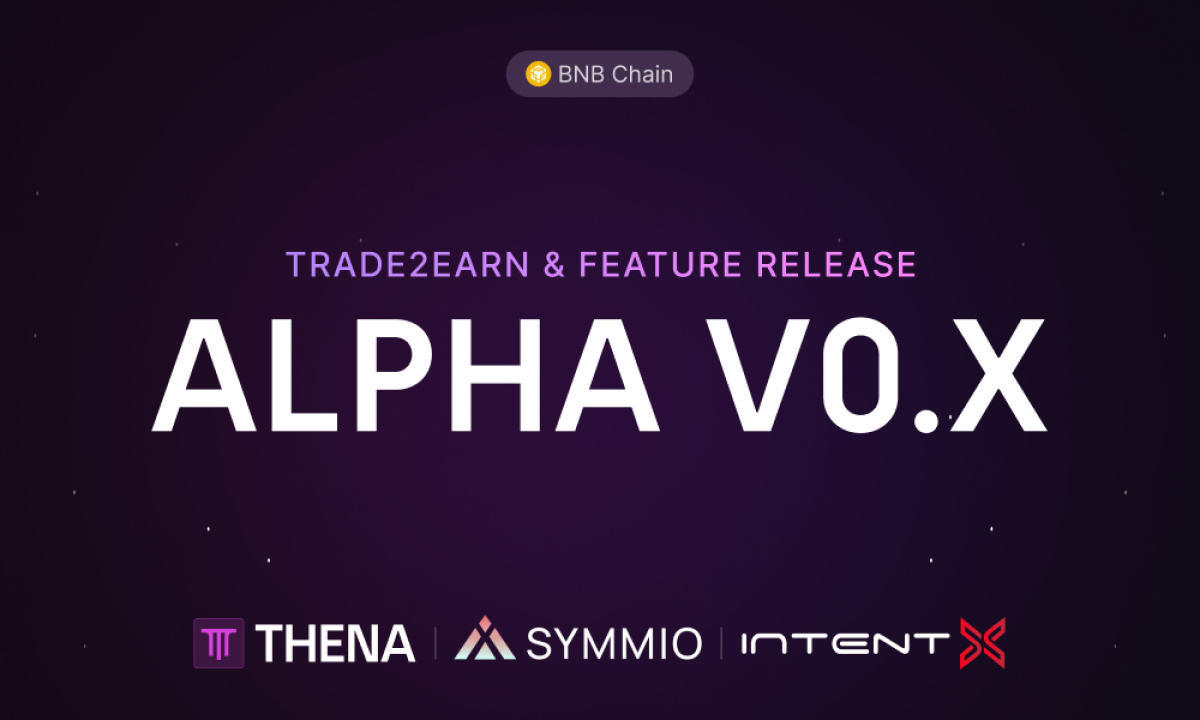In a significant development, federal prosecutors in the United States have charged cryptocurrency exchange KuCoin and two of its founders with violating anti-money laundering (AML) laws.
Founders Face DOJ Charges
The US Department of Justice (DOJ) unsealed an indictment against KuCoin and its founders, Chun Gan (also known as “Michael”) and Ke Tang (also known as “Eric”), for their alleged involvement in conspiring to operate an unlicensed money transmitting business and conspiring to violate the Bank Secrecy Act.
The indictment accuses them of “willfully” failing to maintain an effective AML program designed to prevent money laundering and terrorist financing.
According to Damian Williams, the United States Attorney for the Southern District of New York, KuCoin deliberately concealed the fact that a significant number of its users were trading on its platform, and allegedly taking advantage of its US customer base to become one of the world’s largest cryptocurrency exchanges.
However, the defendants allegedly failed to comply with US laws, including basic AML policies, allowing KuCoin to operate as a “hub for illicit money laundering.” The indictment claims that KuCoin received over $5 billion and sent over $4 billion of suspicious and criminal funds.
The investigation further claims that KuCoin, founded in September 2017 by Chun Gan and Ke Tang, actively solicited business from US customers through its spot and futures trading platforms.
Despite its growth, with over 30 million customers and significant daily trading volume, the DOJ alleges that KuCoin evaded AML obligations required for money transmitting businesses, including registration with the US Department of Treasury’s Financial Crimes Enforcement Network (FinCEN) and the US Commodity and Futures Trading Commission (CFTC).
KuCoin Accused Of Evading AML And KYC Requirements
The indictment further alleges that KuCoin, Gan, and Tang were aware of their AML obligations but deliberately chose to disregard them. According to the DOJ’s investigations, until July 2023, KuCoin had no customer identification requirements in place, implementing a belated KYC (know-your-customer) program only after being notified of the federal investigation.
However, the prosecution contends that this program applied solely to new customers, leaving millions of existing customers, including a significant number in the United States, unchecked.
The indictment also accuses Gan, Tang, and KuCoin of “actively” concealing the existence of US customers in an attempt to evade AML and KYC requirements. In its announcement, the DOJ claimed that KuCoin prevented its US customers from identifying themselves as such during the account registration process.
If convicted, Gan and Tang, both Chinese citizens, could face a maximum sentence of five years in prison for each count of conspiring to violate the Bank Secrecy Act and conspiring to operate an unlicensed money transmitting business.
As of the current update, the native token of the exchange, KCS, has experienced a substantial impact following the disclosure of the news and the charges brought by the DOJ. At present, the KCS token is trading at $12.76, reflecting a significant decrease of 10% within a mere one-hour timeframe.
Featured image from Shutterstock, chart from TradingView.com





